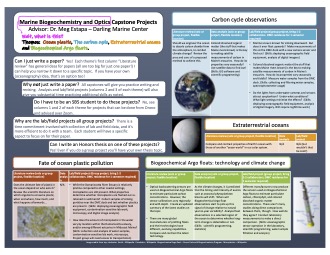Interested in joining the lab?
Thanks for your interest in joining the group! If you are a prospective student, please scroll down for more information on specific opportunities. We mainly work on optical and chemical oceanography, with flavors of engineering and biological oceanography. If you are interested in organismal biology or aquaculture systems, you will find it useful to connect with other faculty in UMaine’s School of Marine Sciences.
Who we are
Our lab’s goal is for all members of the group to be recognized, welcomed, and supported as scientists and as human beings. We are physically situated in rural Maine, a place with its own history and traditions, which we strive to recognize in all their forms. This recognition spans from honoring the indigenous groups in whose traditional lands we work, to conversing honestly with each other about issues of social acceptance, belonging, and the challenges of change in our cultures.

